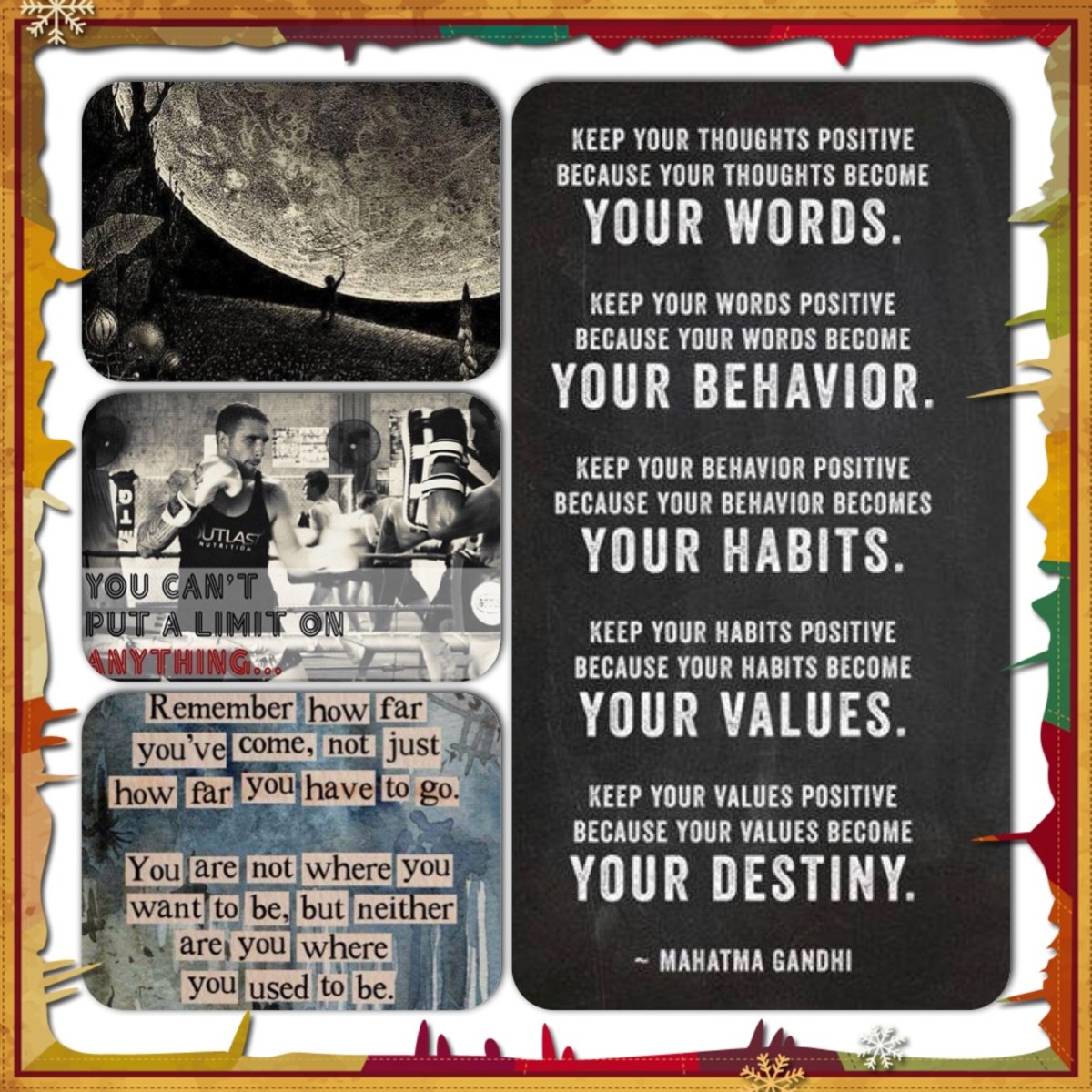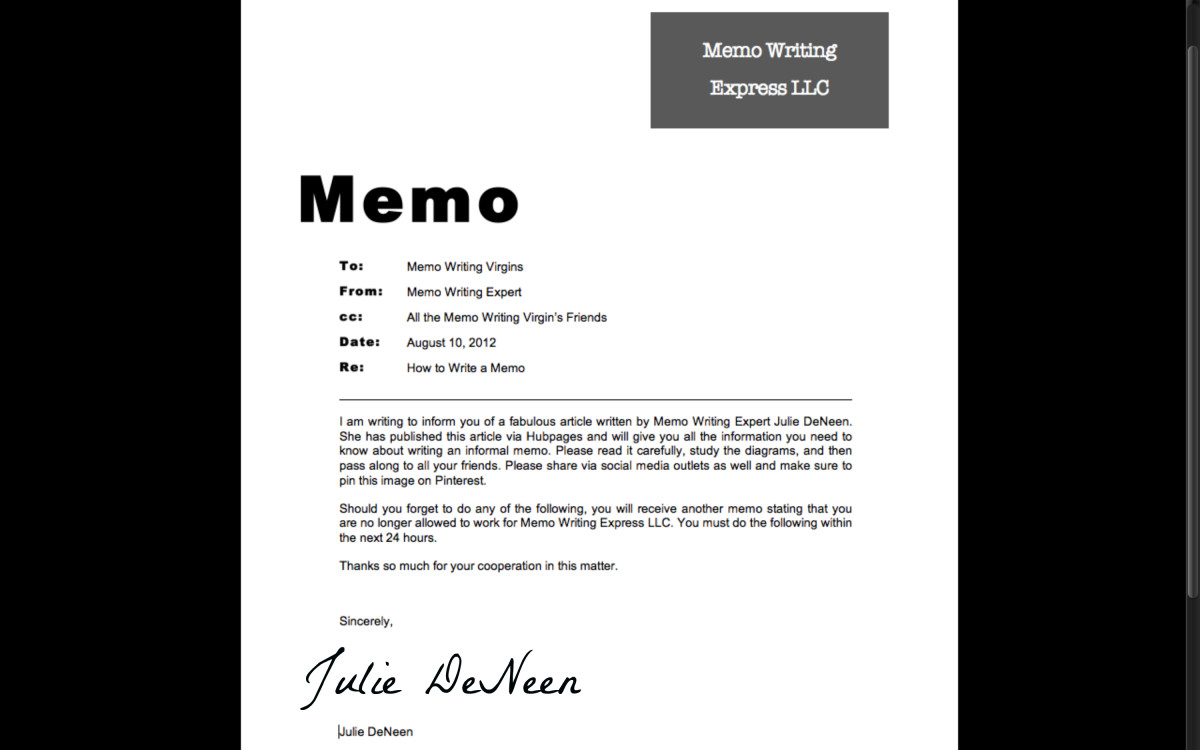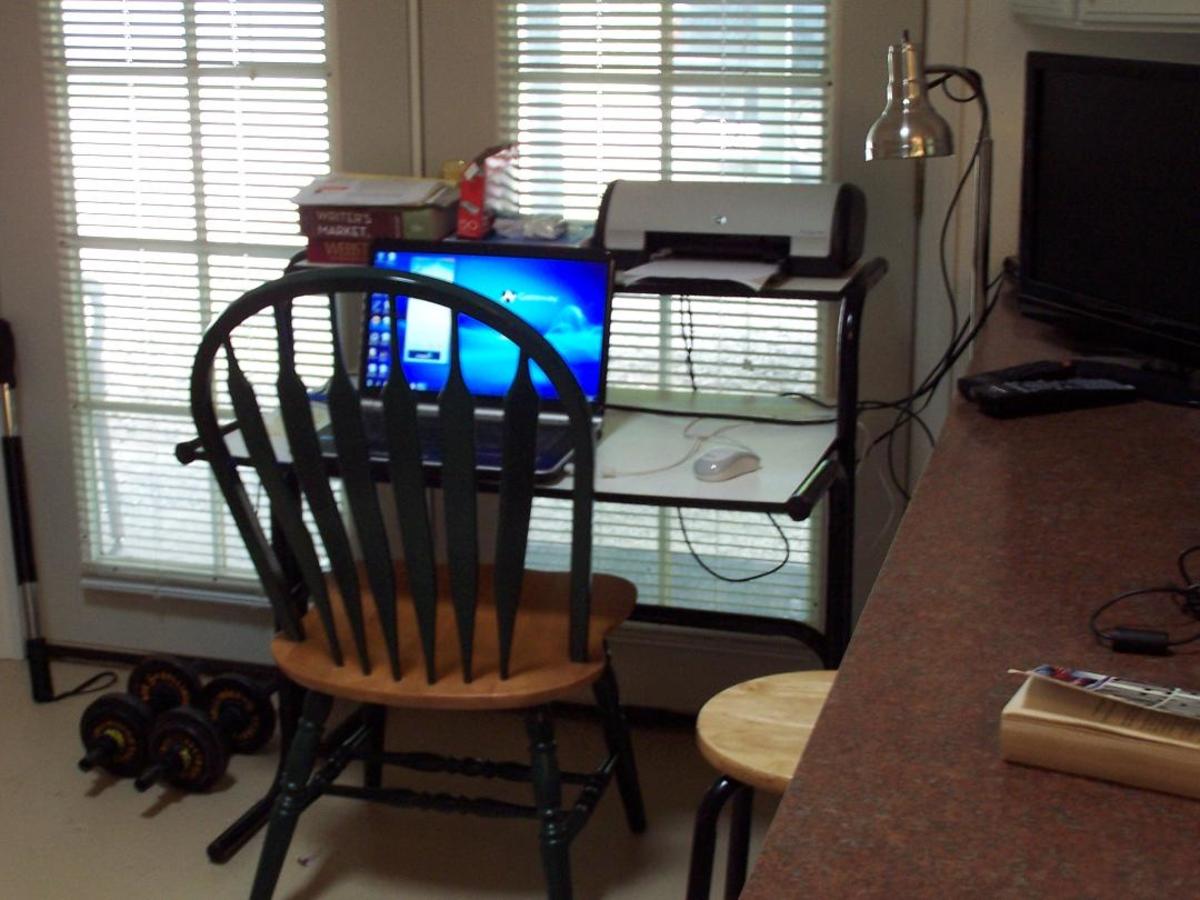10 Ways to Stay Inspired
"Write with the door closed, rewrite with the door open." - Stephen King
"Your intuition knows what to write, so get out of the way." - Ray Bradburry
How Often do you Write?
1. You Have to Write. No Matter What.
In my many creative writing classes, my various professors had a wide scale and range of advice for aspiring writers, but there was always one thing all of them agreed on:
You have to make time to write.
If writing is that important to you, you simply have to just do it. It's like exercise, or anything else: the world is not going to hand you time to do what you want to do. You must take the initiative and make it happen. No more excuses. You are going to have to go to work, take care of children, deal with family emergencies and finish that thing you've procrastinated on for your entire life. Stop letting yourself making excuses for why you can't write.
The good news is that it is easy to fix.
Find the spare time between activities that you can use to knock out a few words, a couple paragraphs- whatever you can do. You do not have to write anything inspirational or amazing, you can sit in and write about anything: from the fact that you do not know what to write about, the fact that you have been making yourself the same breakfast every morning for the past ten years or that spider corpse that has been stuck on the wall for a week.
If you honestly do not believe you have time to write, wake up a little early or stay up a little late. If you are bitter about it, then write about how bitter you are. Bring a notepad with you wherever you go and write on your lunch break.
Incorporating writing into your daily routine, or even just developing the habit of writing at every opportune moment will create a positive feedback loop and it will become more natural. You will start observing more in your day to day life, which will fuel your muse and give you more to write about, which will then fuel your muse and give you more to write about, which will make you want to write more.

2. You Have to Read. No Matter What.
If you don't have time to read, you don't have time to write. Frequent readers make good writers. Quotes on this advice can be found everywhere in various forms, with good reason.
Not only does reading expand your mind and feed your muse, it also increases your vocabulary. This is important because if you write a lot, it can become easy to fall into repetitive sentence patterns, using the same words over and over again and even for yourself to subconsciously pick up on this and make writing less enjoyable because of it.
Writing is a profession that is built on a foundation of stealing. So while you're reading, mark those pages up. Circle and underline words and phrases you love or that strike you. Use them to start new works, writing exercises, start a poem. Separate the words and challenge yourself to use them all in a paragraph. Take the snippets out of context and see what your brain can do with them.
If you spend too much time writing and need a boost, pick up a book. Pick a big book and hack through it paragraphs, pages or chapters at a time when you find yourself in a writing rut.
Read a variety of things! So pick up some literature if you don't have any. Add some genre-fiction junk to your literature collection and just let the book and the author take you into her world. Keep a notebook nearby and write down any stray bits of information that pass through your head that can be used later for a plot.
By the same token, you can read bubblews, hubpages, blogs, comic books- anything and everything.

3. Keep a Journal
This method is two-fold. It will keep writing a part of your life, which will get you accustomed to writing, and your daily observations and life will be an excellent source of information should you ever decide to write non-fiction, or a memoir, or a fiction work based on something that happened in real life.
Used in conjunction with the other methods on this list, you will have many things to record in your journal.
Don't force yourself to keep a journal, though. If writing at night before bed is a pain because you would rather drink yourself into a stupor while playing video games to the wee hours of the morning with your friends, write before you start pouring. This goes back to my first bit of advice and how you have to make time to write.
Record how many words you wrote that day. Write about your weekly, monthly, yearly goals for writing. Seeing the words written down in front of you will solidify them in your subconscious and motivate you to see them through.
Do You Keep a Dream Journal?
4. Keep a Dream Journal
My grandmother actually gave me this bit of advice. Keep a journal or paper and a pen or pencil by your bed so if you wake up in the middle of the night you can immediately begin recording what happened.
Just like with step 1, this doesn't have to make sense. Dreams are elusive, non-linear experiences. So if you fall out of a tree and land in a pool then surface to see a massive hotel, write that.
Write as many details as you can remember, too. Writing as soon as you wake up will help with recalling details and events of your dreams, which is why I suggest writing by hand instead of typing. Turning on electronic devices and doing things will make the details slip away and inhibit your ability to recall the dreams.
Dreams are amazing things. Whether you believe they are a source of divination or guidance or not, your brain makes connections with every single detail of your life. Items ellicit responses from you, colors can affect feelings, and when you sleep your brain is sorting them and making sense of them.
When you awake you can use those symbols and your conscious response to the series of events to see what kind of stories your dreams inspire.
The more you write about your dreams and the more habitual of a practice this becomes for you, the more easily you will remember them and the more ideas you will get!




5. Expose Yourself to Nature
If you can go out to a park or other natural setting it's always better. But there are plenty of places, including well known ones like Google image search where you can find artistic pictures of both low and high quality that might spark your interest.
Looking at natural settings can be awe-inspiring. Engage with the artistic design of the photo, question why the photographer used the method she or he did. Some things to think about are:
Where was the photo taken?
If you were there interacting or in that setting or witnessing the event in the photo, how would you respond?
The after math of the photo. The picture captures only an instant, there's a before and after going on around that picture. Write about it.
How the the picture make you feel?
Especially after taking the first critical step, observing nature will help with the positive feedback loop.
Enjoy this small album. The pictures are top posts from reddit's beautiful earth and elements cluster of subreddits. I've provided links here so you can view more nature-based photos. There are more at the top of any of these pages with colored labels "elemental," "synthetic," "aesthetic," and "scholastic."
6. Go People-Watching
Writers are observers. Humans are a naturally curious and social species, and you do not have to be creepy about it, either, so don't worry about that!
When you are out going about your regular business, whatever that may be, pay attention to what's going on around you. Alternatively, once a week go write at a public place for a few hours and record whatever you see happening, or not happening.
Use what you know about human behavior to inspire a character based on someone you see. Eavesdrop on conversations or watch exchanges and recreate the scene on the paper in front of you as though you're describing it for someone who isn't present to witness it for himself.

7. Name Generators and Lists
What's in a name? Well, a lot, actually. A last name comes from family names, which can be traced back through your ancestry. First names frequently have connotations or personal associations of feelings attached to them. For instance, Mary and Elizabeth and Isabelle are names that frequently suggest innocence or purity.
Some names have earned titles on them, such as "sir,"or "king" or "queen" but there are more colorful options in fiction, like "Blake the Hawkeye" or some such. Especially metaphorical titles that allude to nature are most interesting.
Browse lists of names and see what triggers the inspiration.
Having said that, name generators can help, and there are tons with their own themes for specific genres you want to write. When you type in your name, imagine the result is the name of your parallel in an alternate universe.
Which of the following worlds/books/movies would you want to live in?
8. Watch T.V.
Can there be an easier way? High-Quality T.V series work as well, ones that immerse you into new worlds, like The Walking Dead and Game of Thrones. Or ones that are about secret worlds, like Once Upon A Time. On days when my muse is going slow, I'll keep a clipboard of paper while I plop in front of the t.v and write down all of my ideas the movie or show gives me.
I am a fan of Indie movies or other films that do not get a lot of media attention or publicity, because those can be watched without as much bias or interference of critical opinion.
Also, Indie films tend to be more artistic and loaded with symbols and other metaphors and convoluted messages that can open your mind to possibilities. Who hasn't walked away from a Harry Potter movie and didn't pretend for the smallest amount of time, s/he wasn't a wizard or witch? Or a survivor in the universe of The Walking Dead? Or traveled the road battling demons with Sam and Dean and Castiel in Supernatural? (Really, let's be honest here, ladies.)
Those ideas and the things you read will sit in your head and process in your subconscious for your brain to recall when you seek out ideas and more creativity.
9. Keep a "Fodder" List
Having all of your ideas in one place- a document on your computer, a notebook, a journal- where you see them every day will inspire you to write. Keep them organized, so they are easy to come back to when you're seeking inspiration. These inspirations can be book or movie quotes, observations of daily life, or any of those "what if" questions that habitually pop up.
Refine the ideas in your fodder list. Combine them- a daily observance with a "what if" question. A huge part of writing is momentum, and so as you refine these ideas and begin putting them in a book plot format, you will develop a drive to work on it.
As you use the ideas for your writings, strike through them once (so you can still read them) or move them to a list of accomplishments. Reminding yourself of all that you have completed can also be a motivation to write.
10. Set Goals
Be sure your goals are in sync with whatever it is you want to accomplish by writing. If you wish to have ideas coming out of your ears, you may want to start by incorporating some of these suggestions into your daily routine.
There are 2 key elements to the success of goals:
1. Realistic
2. Reward
Be sure the goals you set are realistic. You cannot begin your writing journey expecting yourself to write 100,000 words a day. Maybe start with 100 or 500 words a day for a week, and once the week is over, evaluate your progress and set new goals for the next week.
If you don't reward yourself, completing your goals will be hollow. One of my rules is that I cannot talk about any ideas I get until I have actually used that idea in a book. I love talking about my writing with friends and romantic partners, so the ability to do that is reward enough for me. Also, ideas are a dime a dozen and it is annoying to be that person with all these ideas who never sees any through. Talking about goals and ideas with others can make your subconscious think they have already been accomplished, too, so the restriction on the ability to discuss them is an increased motivation factor.
But for day by day goals, maybe restrict yourself from video games or movies or crafts until you have written your daily word-count goal, at least. Or reward yourself with lunch or dinner out, or something you have a sweet-tooth for. Maybe the accomplishment of writing will be reward enough in itself!
Below, I have provided a list of websites and apps that have been invaluable to me as a writer and meeting daily goals. Not every method will work every time, so the key to success is to try a variety of things and identify if a method is working or not, then having the self discipline to try a new method if one is not.
Written? Kitten! Every X words, you get a picture of a cat! Can it get much better than that?
Strict Workflow (for Google Chrome) A customizable extension that blocks distracting websites so you can focus. Based on the pomodoro training technique.of working for a set amount of time for a set amount of reward time.
Zen Writer For those of us who need a specific atmosphere for writing, zen writer plays calming music, has soft backgrounds and noises to keep you focused. You might want to try the free trial before buying the program. Similar, free versions are also easily available online.












